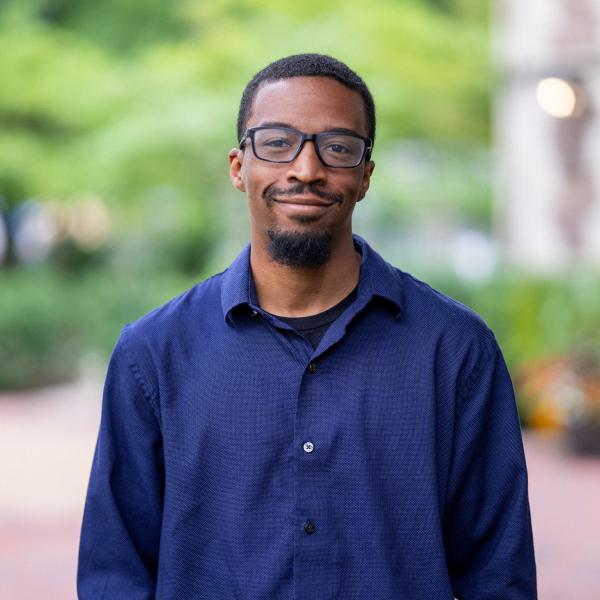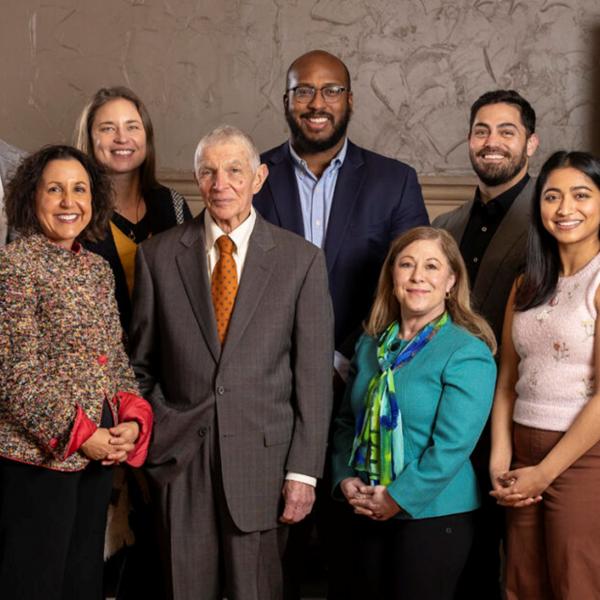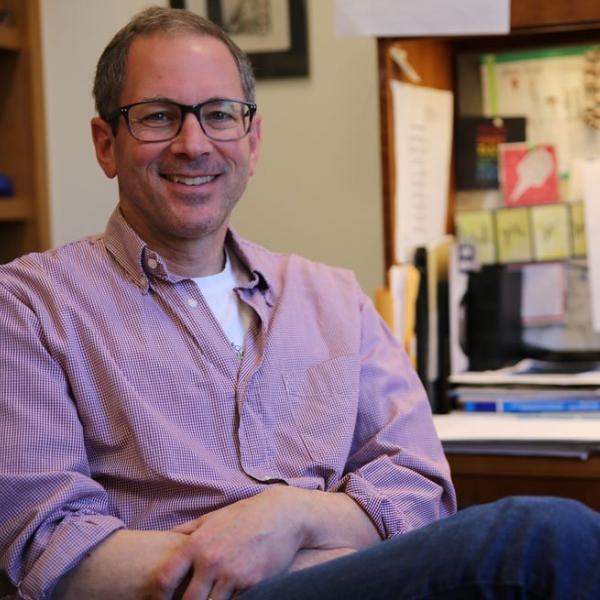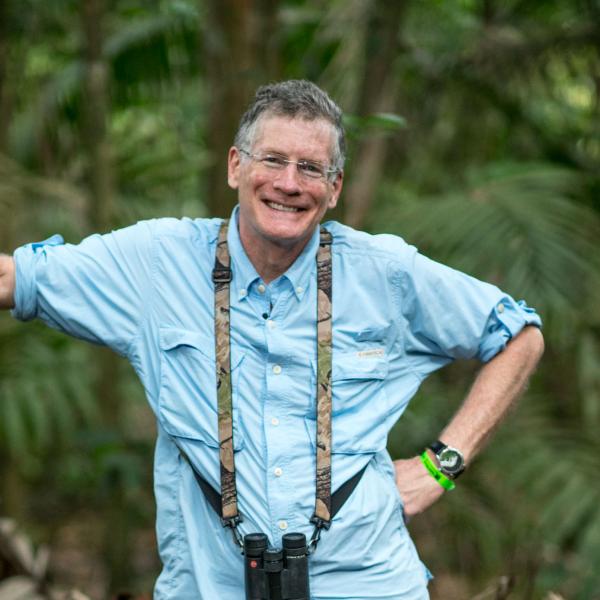Antony will present her research at the Astronaut Scholar Technical Conference during 2021 Innovators Week in Orlando, Florida. Her project is based on the identification of genomic variants that likely contribute to autism.
What started as a high school interest has turned into a groundbreaking model of understanding neurodevelopmental disorders — rising Washington University senior Irene Antony has taken her passion of helping people with intellectual disabilities and turned it into a project that awarded her a position in the Astronaut Scholars Foundation. Antony’s project is based on the identification of genomic variants that likely contribute to autism.
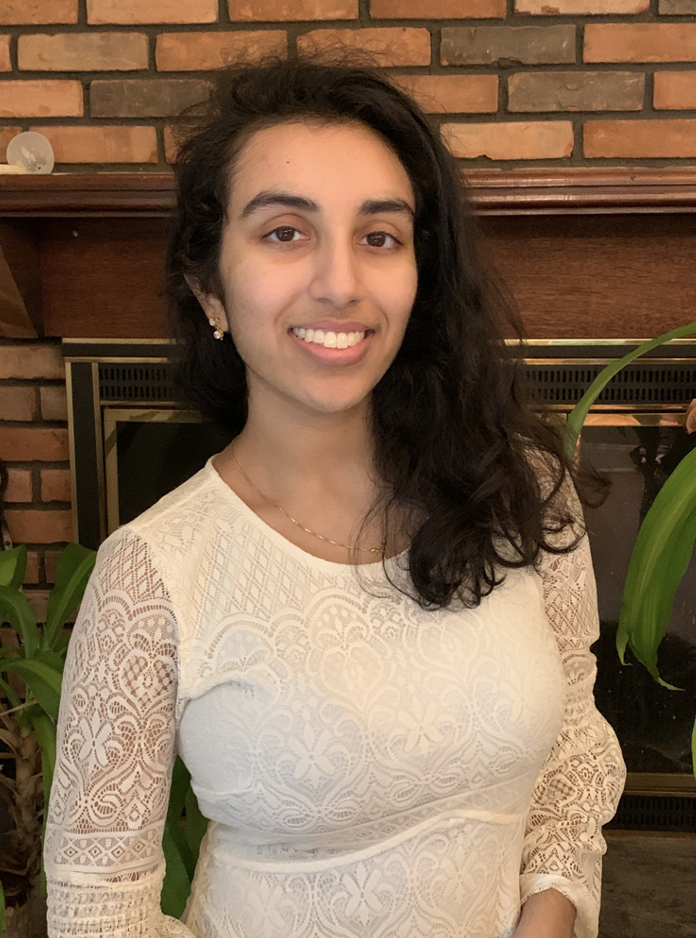
The Astronaut Scholars Foundation was founded by Mercury 7 astronauts to “ensure that the United States would maintain its leadership in science and technology by supporting some of the very best science, technology, engineering and math college students.” Today, the scholarship has expanded with support from leading researchers, astronauts, alumni, and other academics.
Antony works in a lab with Kristen Kroll, professor of developmental biology at the Washington University School of Medicine in St. Louis, that seeks to identify how neurodevelopmental disorders can be modeled in humans — something that cannot be accurately recapitulated in animals. Antony and Kroll investigate how different genome sequences can cause these disruptions to brain development and contribute to neurodevelopmental disorders.
“It feels like a mystery or a game of Clue,” explained Antony, who is pursuing a neuroscience major and anthropology minor in Arts & Sciences. “There are so many variants that may be pathogenic, but we don’t know what they are, so we use epigenetic context clues to filter out variants that may be benign.” In collaboration with Tychele Turner, assistant professor of genetics at the School of Medicine, Antony has developed a workflow to identify important mutations that lead to autism and intellectual disability.
Antony’s research has also been supported through the U-STAR program, NIH MARC, which is led by James Skeath, professor of genetics. This program seeks to support and train undergraduate students in biomedical sciences. Through working with Skeath and the U-STAR community, Antony has had the opportunity to present her research to others in a digestible yet still informational way. This experience has also provided training and preparation for further research.
Another one of Antony's mentors is Dr. John Constantino, chief psychiatrist at St. Louis Children's Hospital and codirector of WashU's Intellectual and Developmental Disabilities Research Center. Having the opportunity to see patients in Constantino's clinic and discuss current advances in neuroscience and genetics with him has reinforced Antony's dedication to this field as a career.
"My mentors are so supportive and encouraging about my growth as a researcher. I'm very lucky to have great mentors like Drs. Kroll, Skeath, and Constantino, and I'm excited to pay it forward!"
Antony’s passion for helping other shines through her work and outreach, yet many people with whom she works haven’t met her in person because of the ongoing pandemic. The unique circumstances have required both resilience and the quick development of new skills. “I’ve only met Irene once in person,” Kroll explained. “She taught herself the programming in bioinformatics using the R language and developed writing projects on her own.” One of her students through the U-STAR tutoring program shared that “Ms. Irene’s way of explaining verbally and virtually is amazing.”
As part of her involvement with the Astronaut Scholars Foundation, Antony will present her research at the Astronaut Scholar Technical Conference during 2021 Innovators Week in Orlando, Florida. Antony has gained ample experience in delivering such presentations. In addition to presenting to her colleagues and supporting organizations, over the last year, she has presented at over 10 other conferences, such as the National Institute of Child Health and Human Development Annual Directors Conference, the Midstates Research Symposium in Biological Sciences, and the Icahn School of Medicine Biomedical Research Symposium, where she won the Best Poster Award.

